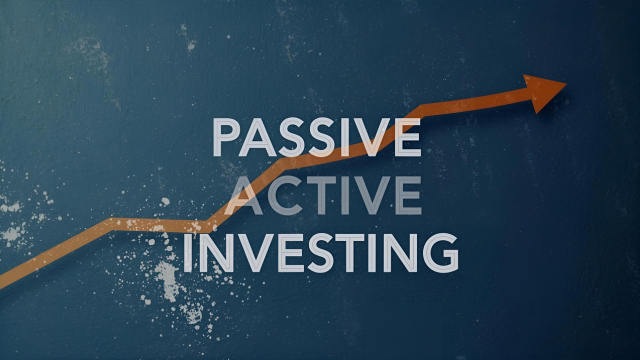Go one step beyond the traditional engulfing candlestick reversal signal, by learning how to use a more common but little-known “smart engulfing” trade set up.
There are two primary ways to become a more successful Forex trader - to practice, and to learn about the industry.
At DailyForex, our goal is to simplify your trading so that you can trade easily and smartly. To this end, we offer you a collection practical articles written by our Forex experts to help maximize your trading success.
You can also browse our articles by category to find information and trading strategies that can help you improve your profitability and enhance your trading experience.
Most Recent
I always recommend that traders backtest their strategies. AI platforms now make this much easier by writing code and generally speeding up the process. I’ve spoken to many traders who tell me they never back-tested before AI arrived on the scene.
Unfortunately, most industry professionals estimate that more than 80% of new traders lose money before achieving consistent results, and some give up entirely before seeing profits. Is trading impossible or a scam? I don’t believe so.
Top Regulated Brokers
Every December, traders ask whether we will see a “Santa Claus Rally” in the stock market In this article, I define exactly a Santa Claus Rally, then test almost a century of S&P 500 Index performance to check for both historic and recent outperformance. December outperformance has disappeared over the past 20 years, but bullish momentum still suggests a rising stock market in December 2025, even if Santa doesn’t show up.
Forex traders should be aware of the Western Christmas and New Year holiday season because it impacts market opening and, arguably, the market itself.
Do I want someone else to trade my account, without my having to do any work? If so, I have three methods as a retail trader to get that done: PAMM accounts, MAM accounts, and copy trading. They all have the same goal: allowing a professional money manager or trader to execute trades on my behalf. I benefit from their results without having to do anything.
Institutional interest in crypto is growing. More investors from traditional investment sectors are diversifying into crypto. To gain exposure to the crypto market, investors, especially ones conversant with mainstream trading platforms, are torn between using brokers that offer crypto trading services and actual crypto exchanges. While mainstream investors are more familiar with brokerages, crypto exchanges offer native crypto trading experiences and several key advantages. In this article, we discuss crypto brokers and crypto exchanges, and which one serves you better as an investor.
One of the primary decisions in investing is whether to be a passive investor, an active investor, or a combination of both. The chosen path will impact performance, the time spent managing money, and even the level of stress involved in the process. This is not a decision solely for new investors. Even experienced investors should periodically reevaluate whether their choice is still the best option to suit their requirements.
Bitcoin (BTC) has experienced a notable decline, dropping 3% over the last 24 hours to trade at $115,100 on Monday. As the cryptocurrency market braces for Federal Reserve Chairman Jerome Powell’s highly anticipated speech at the Jackson Hole Economic Symposium, traders are waiting to see how the markets will react.
Bonuses & Promotions
Crypto arbitrage is a trading strategy that aims to profit from cryptocurrency price differences across multiple markets. With volatility and a lack of centralized pricing, discrepancies often occur in the industry.
Real-World Asset (RWA) Tokenization brings mainstream properties on the blockchain. The idea has garnered industry-wide attention with mainstream investment management firms like BlackRock and VanEck showing significant interest. Over $12 billion worth of real-world assets are already tokenized on the blockchain at the time of writing. To enable a better understanding of this concept, we discuss what real-world assets are, how RWA tokenization works, and how it benefits traditional and crypto investors.
I’ll get right to the point: retail Forex is alive and kicking. It has plenty to offer retail traders of all experience levels, account sizes, and trading styles. I believe it will continue to do so for many generations to come. I will lay out my case for why I believe all traders should consider trading Forex.
Artificial Intelligence has now entered retail trading with publicly available AI tools. Traders can use AI tools to save time, replace coding skills, or discover new trading ideas. This is an excellent development for independent day traders, as it suddenly opens the door to a whole new world of analysis and trading that previously required specialized programming, knowledge, or computing power, usually available only to institutional traders.
Central Bank Digital Currencies (CBDCs) are tipped as the most significant monetary shift in 50 years, since the US left the gold standard in 1971. As of 2025, 137 countries, making up 98% of global GDP, are engaged in researching, developing, and piloting national CBDCs.
The total value locked on RWA tokenization platforms at the time of writing is over $12 billion. This includes tokenized stocks, treasuries, and bonds. RWA tokenization adds to the list of significant DeFi innovations that are relevant to mainstream finance and the over $2.4 quadrillion Forex market.









